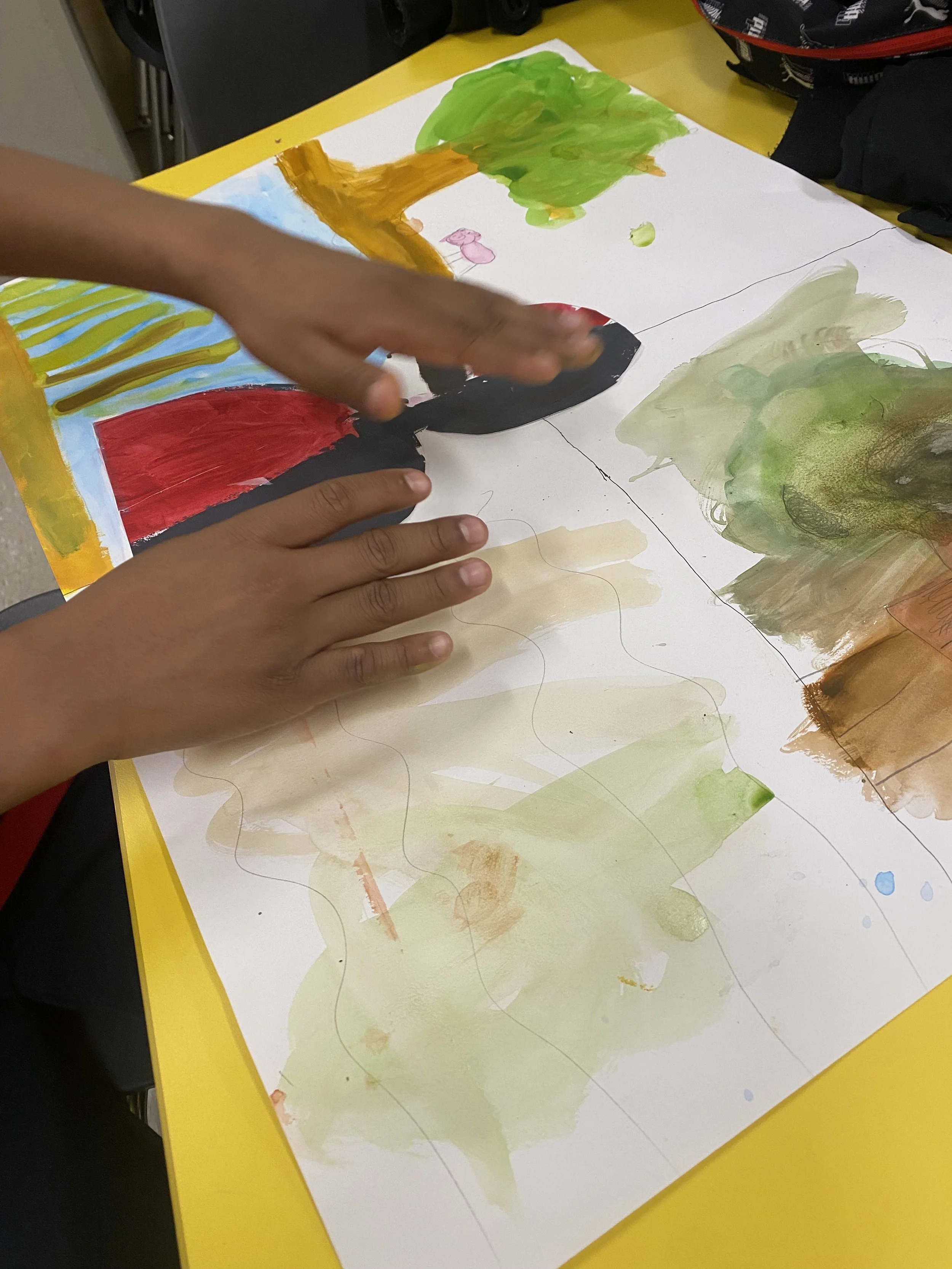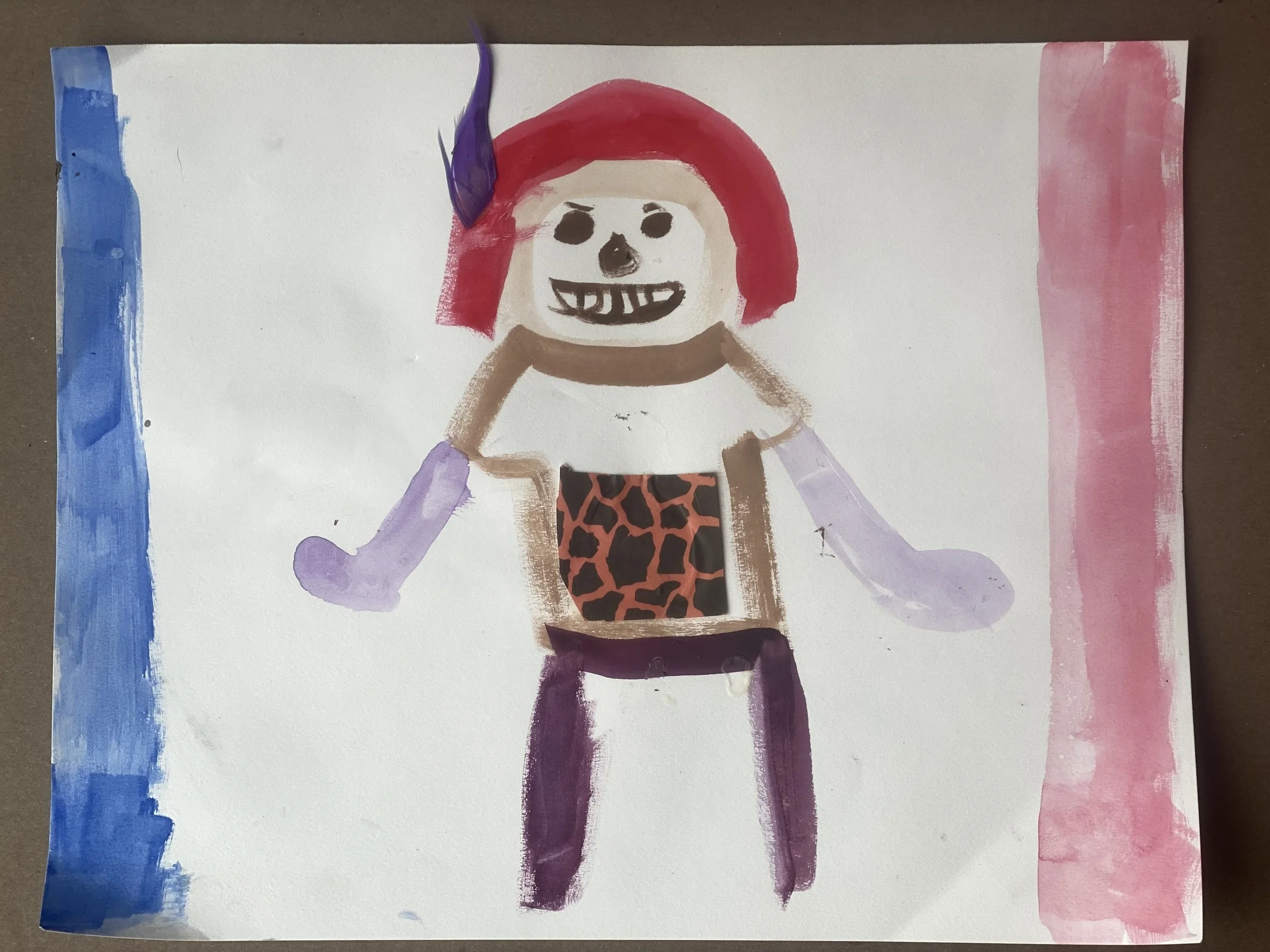
Child and Adolescent Well-Being
Child and adolescent well-being is strongly rooted in the core principles of child rights as set out in the Convention on the Rights of the Child.
In our work for international agencies, ministries, and local organizations, EthnoLab attends to the four core principles: non-discrimination; devotion to the best interests of the child; the right to life, survival and development; and respect for the views of the child.
These principles are embedded in the methods we use, the materials we create, and the recommendations we make.
Child Protection in Healthcare Settings
In Fiji, we worked in partnership with UNICEF and Fiji’s Ministry of Health and Medical Services to draft a policy and action plan to inform health care workers’ response to child abuse and neglect. To support healthcare workers as they care for children, we crafted a handbook, training materials and other tools to guide their first-line clinical and psycho-social responses.
As part of our process, we toured many health facilities to learn how things work and what challenges they face so we could design materials that respect unique aspects of the Fijian context and are thus useful. We heard from administrators, doctors, nurses, nurse practitioners, and midwives working in remote nursing stations, health centers and urban hospitals provided. Their insights and experiences informed the development of the materials. Multiple workshops with health care providers helped us find our blind spots and fill in missing information.
Child Resiliency in Philadelphia
EthnoLab was honored to work with Centro Nueva Creación, a nonprofit in the Fairhill neighborhood of Philadelphia whose mission is to build resiliency in young people through engagement with Latino arts and culture. We used arts-based research to understand children’s experience of Centro’s programming, conducted interviews with alumni of the program, and held focus groups and interviews with staff. With the information we gathered, we were able to contribute to Centro’s decision-making as it moved past the challenges of the pandemic and planned for the future.
Ethnolab was happy to provide training to two interns, Hannah Efua Odoom and Madison Howe, in an effort to offer professional development to the next generation of practicing anthropologists. The interns conducted interviews with adult alumni of Centro’s past programs, assisted with data analysis, and wrote drafts of sections of the report that featured data from alumni.
In a second project with Centro, Ethnolab conducted a community needs assessment of families in the William Cramp Elementary School catchment area of the Fairhill neighborhood in Philadelphia – interviewing community stakeholders, parents of elementary-school-aged children, surveyed parents with children at the elementary school, and conducted a literature review and desk analysis of existing data. We served as a thought partner with Centro as they developed a roadmap for fulfilling their mission, and refined plans to ensure they intersect with what community members say they need to support their families.
Additional EthnoLab Projects Rooted in Principles of Child Well-Being:
UNICEF Viet Nam - Conducted a Rapid Situation Analysis of Adolescents in Viet Nam for internal use.
UNICEF Viet Nam - Conducted research in four provinces for a Situation Analysis of illicit drug use by minors, and available treatment.
UNICEF Cambodia - Worked with the Kingdom of Cambodia’s Ministry of Health to create a handbook for doctors and nurses to use when they encounter a young patient who has experienced violence or neglect.





